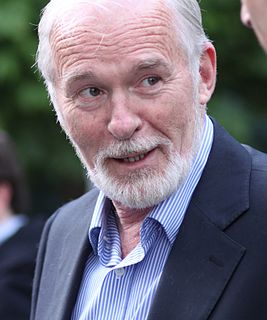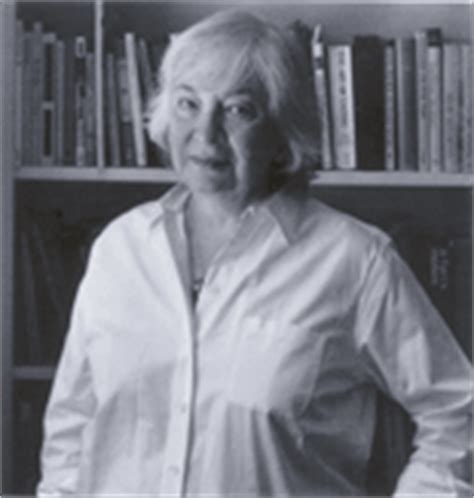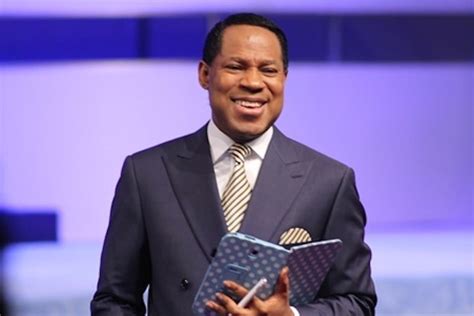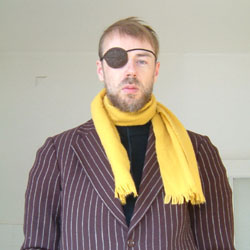A Quote by Madeleine de Souvre, marquise de Sable
There are petty-minded people who cannot endure to be reminded of their ignorance because, since they are usually quite blind to all things, quite foolish, and quite ignorant, they never question anything, and are persuaded that they see clearly what in fact they never see at all, save through the darkness of their own dispositions.
Related Quotes
I had never understood quite so clearly the effective power of Jane Jacob's writing - no, her clear-headed observation - as I did reading “What We See”. Maybe that's really the point of writing. That if you take the time to look, to really observe, then you see what is happening, and, with the clarity of that vision, you can act to save neighborhoods.
I am for peace and all kinds of ways because the total reality is that you never quite, at least in my experience, you never quite get to be peaceful in the profession that we have all chosen. It's a constant yearning, a constant reaching out for the unreachable. And so you never quite find peace within yourself. You are always questioning yourself and challenging yourself and feeling that you would fall short.
I've never found anything to be lacking in a blurry canvas. Quite the contrary: you can see many more things in it than in a sharply focused image. A landscape painted with exactness forces you to see a determined number of clearly differentiated trees, while in a blurry canvas you can perceive as many trees as you want. The painting is more open.
A man without the Holy Ghost is a blind man. He may not know it but that's what blindness is all about. A blind man is not just someone who cannot see, he can see alright, but all he sees is darkness. It's the same thing in the realm of the spirit. A blind man in the realm of the spirit is one who doesn't know the things of the spirit, he can't see the things of the Spirit of God. But when the Holy Spirit comes into your life, you will no longer be blind because He will cause you to see what others can't see.
Franz Kafka once said that happiness consists in having an ideal and not progressing towards it. If you did progress towards it, you'd be unhappy because you'd never be able to reach it. You can incrementally improve your life, but you never quite experience the glamour. You never quite get to your utopia, or whatever it is. And once you realize that you can be quite Buddhist about it, and say, "Well, okay, I'm just going to keep detached from it all."































